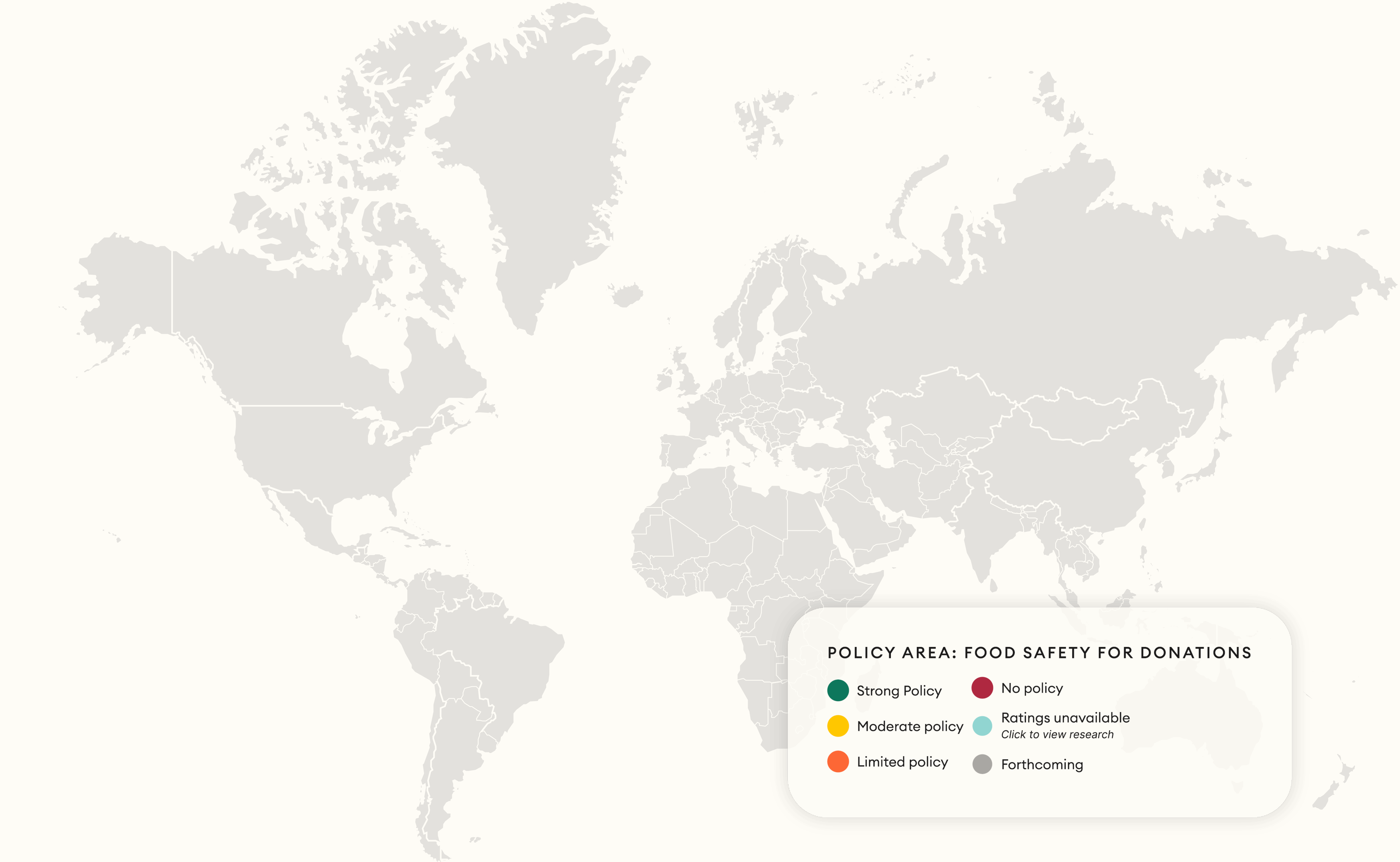Policy Issue: Emissions, Environmental, and Food Waste Reporting Policies
This issue brief focuses on reporting policies that can reduce food waste and promote food donation.
Read the Issue BriefAtlas Research: Reducing Food Waste: Emissions, Environmental, and Food Waste Reporting Policies
Best Practices: Emissions, Environmental, and Food Waste Reporting Policies
All countries should implement the following best practices to ensure that entities target and measure their food waste and increase food donation.


